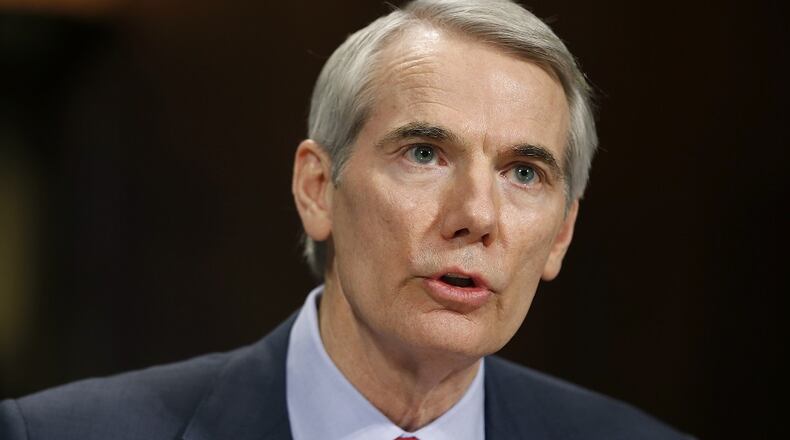Portman, the subcommittee chairman, appeared particularly irritated when Commander Jonathan White of the U.S. Department of Health and Human Services said “there are no lost children. There are some families that don’t take our call, that’s a big difference.”
“Your blanket statement that there are no lost children is simply inaccurate,” Portman told White. “There are lost children, clearly. I can’t believe that you would think that because you don’t know where 1,500 [children] were under a three month period between October and December of last year.”
“Of course there are lost children-and that’s the whole point here,” Portman said. “No one’s responsible.”
The hearing was held one day after the Senate Permanent Subcommittee on Investigations concluded in a report that the federal government has failed to take responsibility for making certain that immigrant children who enter the country without parents or guardians are kept safe.
In a scathing report that criticizes both the Obama and Trump administrations, the panel determined that tens of thousands of what are known as unaccompanied alien children under the age of 18 are in legal limbo because the Justice Department has not hired enough immigration judges to hear their cases.
White bore the brunt of criticism from senators from both parties when he attempted to explain why there were no “lost children.”
“Our requirement is to reach out, to have the programs that provided care to the children reach out 30 days after to the sponsor of the child and see if there's anything they need or anything they can help them with,” White said.
“But it is not mandatory that the sponsor or the child take the call, and many of the immigrant families, after they leave (government) care, do not want anything more to do with us,” White said.
When Sen. Tom Carper of Delaware, the ranking Democrat on the subcommittee asked White to elaborate, White said “many individuals come out of the shadows to take their child from us and some of them return to the shadows because they are individuals who are living undocumented in the United States in most cases. And they believe they have cause to fear us."
Although the report blames the past two administrations, it asserts during “the past four months,” the Trump administration “took steps that exacerbated these problems,” a reference to the Justice Department’s decision this spring to separate children from their parents who were trying to cross the border.
The 52-page report was made available to reporters Wednesday.
The four administration witnesses from the U.S. Department of Homeland Security, the U.S. Department of Health and Human Services, and the Justice Department were relatively contrite in the appearance.
It was a sharp contrast to a joint statement issued Wednesday by the three agencies which called the report “misleading” and said it “demonstrates fundamental misunderstandings of law and policy related to the safety and care of” the unaccompanied children.
“The subcommittee does not focus on the real challenges with preventing children from being smuggled and trafficked in the first place, nor does the subcommittee capture the extensive work done to protect (the children) once they arrive here,” the joint statement said.
“To make matters worse, the report does not address key national security and criminal issues, such as (children) involvement in gang activity, the benefits to transnational criminal organizations to smuggle or traffic individuals to the US, and the drain on our immigration enforcement system,” according to the joint statement.
About the Author
